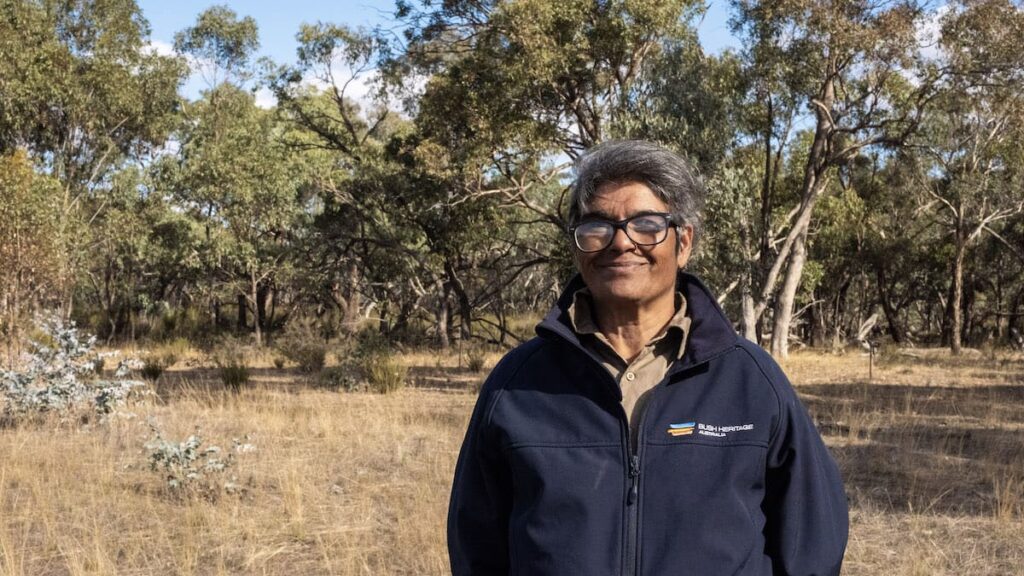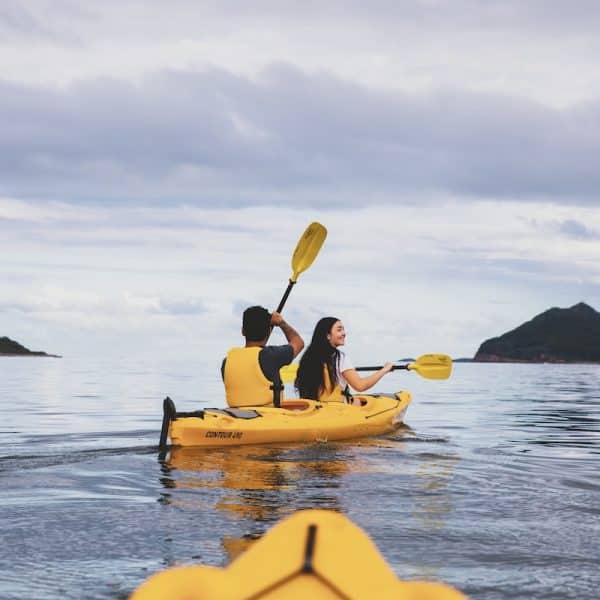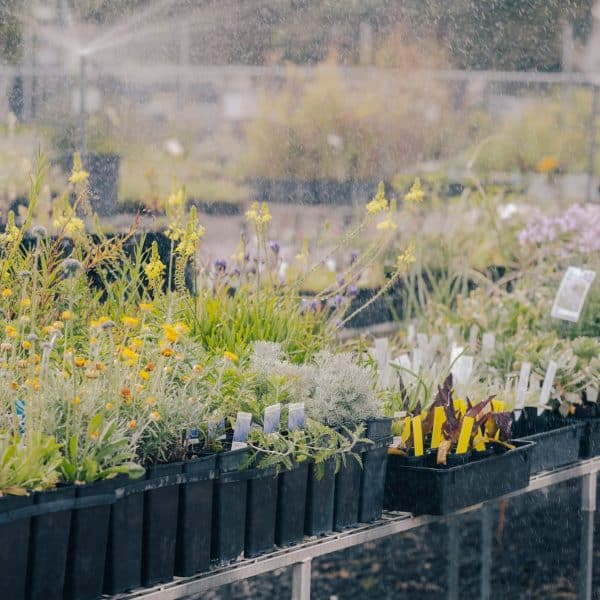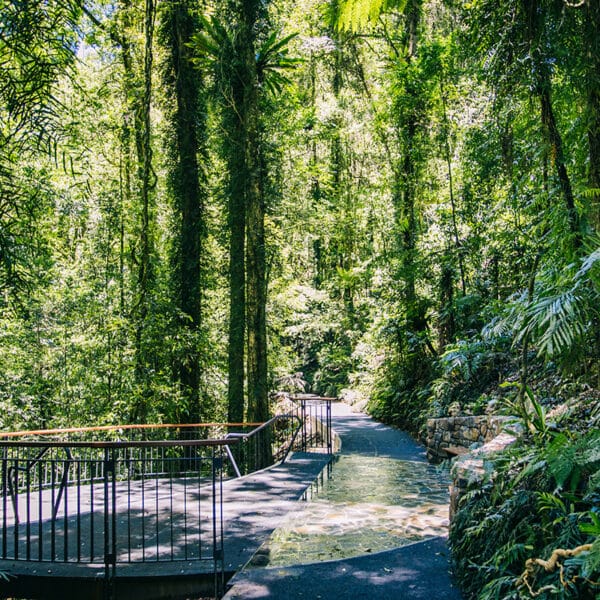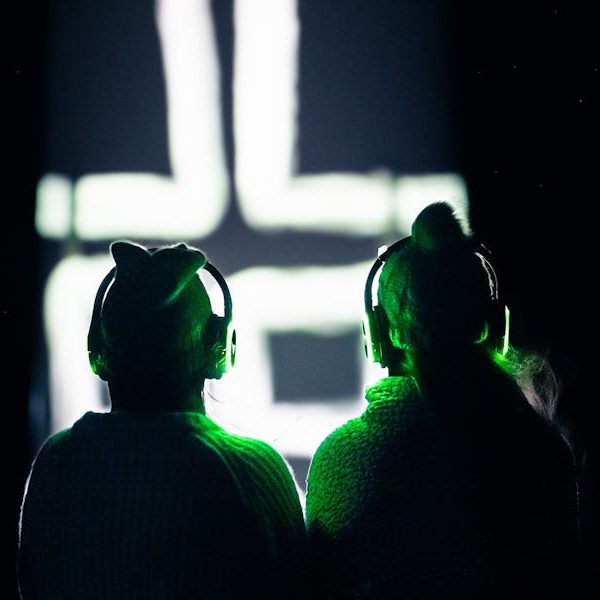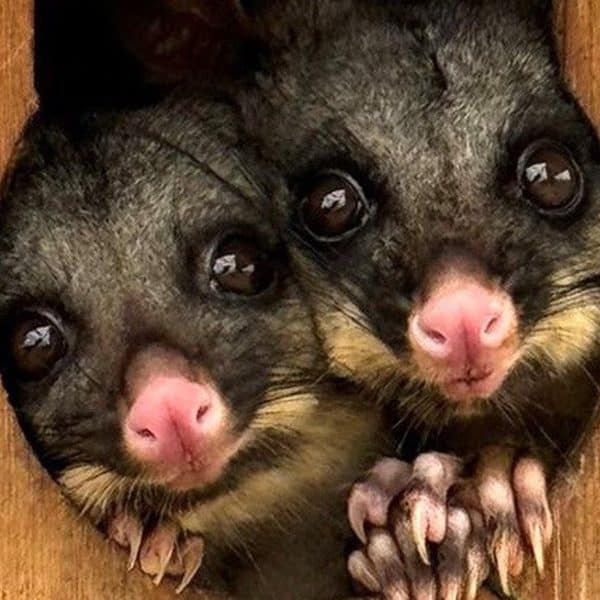National conservation not-for-profit Bush Heritage Australia recently announced the purchase of its newest Victorian reserve on Djandak (Dja Dja Wurrung country), known currently as the John Douglas Reserve, which will see the organisation protect an additional 185 hectares of remnant native habitat and cement its impact in the heavily cleared state.
The purchase will significantly enhance and secure landscape health and resilience in the Stuart Mill region as it helps link the Kara Kara National Park to the Dalyenong Nature Conservation Reserve and provides a vital addition to Bush Heritage’s JC Griffin and Bellair reserves in central Victoria, protecting an important patch of Box-Ironbark woodland.
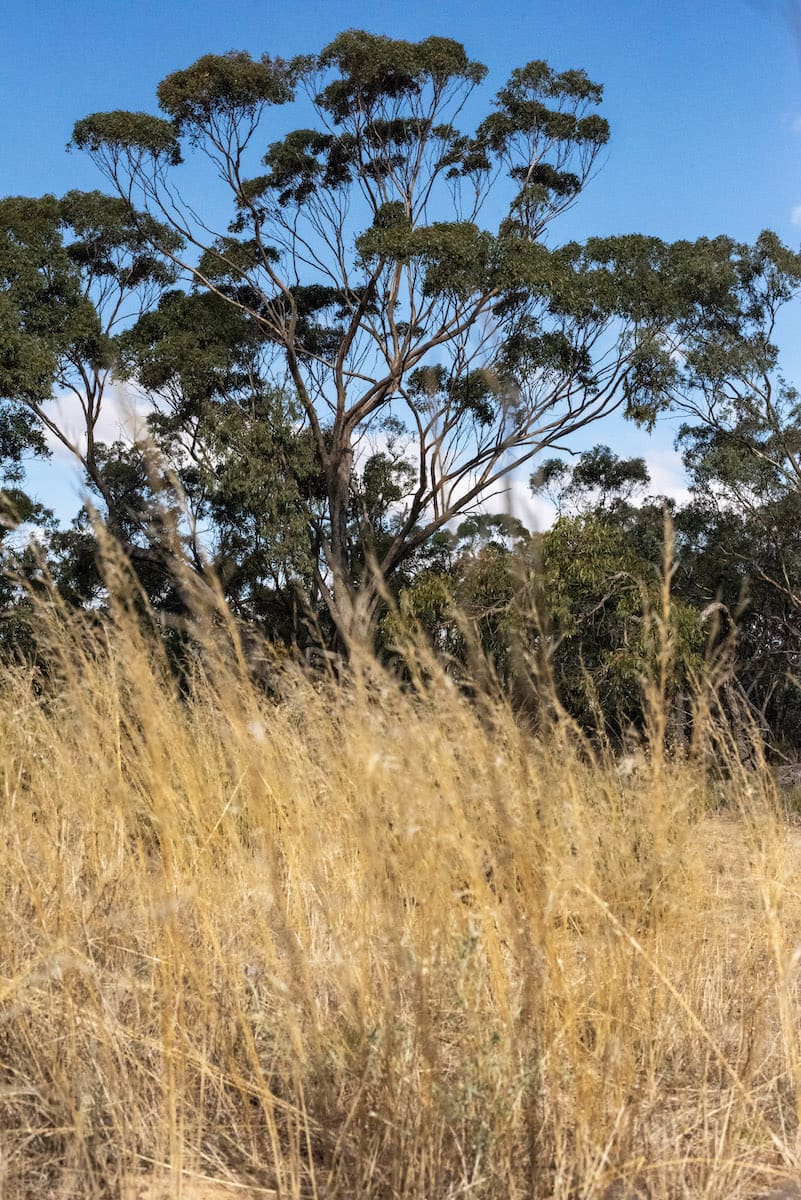
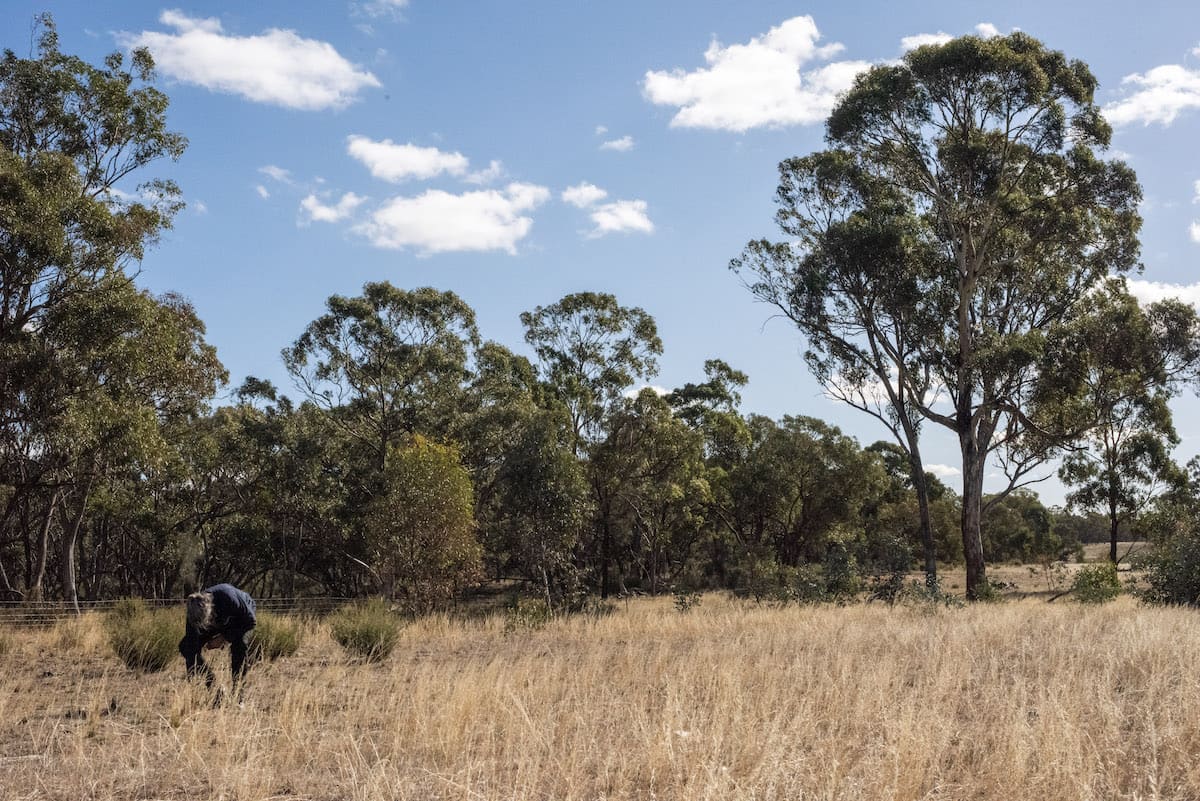
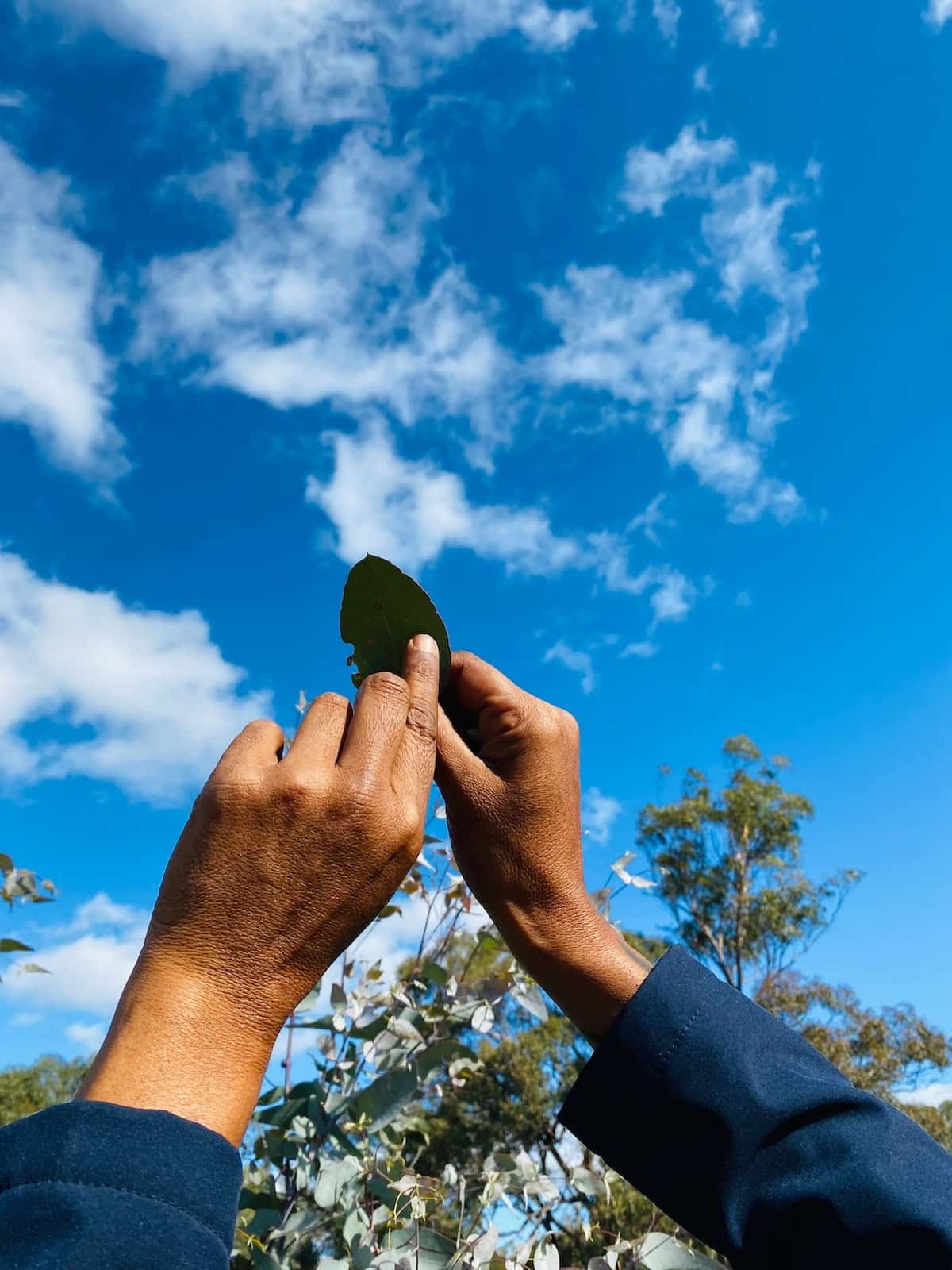
“Victoria’s Box-Ironbark woodlands are ecologically important and contain an immensely rich floral and faunal diversity. Once covering 3 million hectares, 83% of Victoria’s Box-Ironbark woodland has been removed since European settlement. This property is home to such a unique part of this vegetation community and has managed to avoid clearing in an area where much of this vegetation community has been removed for agriculture. Connectivity in this landscape is vital for ecological resilience, particularly as we face climate change and its impacts.”
Glen Norris (Bush Heritage’s Healthy Landscapes Manager for Victoria)
The Box-Ironbark Forest on the reserve sits alongside grassy woodlands of Yellowgum, Redgum and Buloke woodlands, containing large, old hollow-bearing trees that are likely to provide habitat for threatened species such as the Swift Parrot, Brush-tailed Phascogale and Powerful Owl.
At least 52 bird species have been recorded on the reserve, including the Yellow-tufted Honeyeater, Diamond Firetail and Hooded Robin. The reserve also has the potential to host rare and threatened orchids, including the vulnerable Brilliant Sun Orchid.
Bush Heritage has been working in collaboration with Dja Dja Wurrung (Djaara) Traditional Owners over the last 14 years, with their partnership cemented with a formal MOU at the start of 2021. The John Douglas Reserve will continue their shared aspirations to walk together to heal Country and will support planning and delivery of ‘Right Way’ land management activities throughout the Kara Kara-Wedderburn Focal Landscape.
“For me personally, this fills a gap in my heart. As a traditional owner this is a family group area for my family, and so to also be managing this property with Bush Heritage is going to be precious to walk this country where my ancestors once were,” says Sharnie Hamilton Bush Heritage’s Victorian Reserve Manager and Dja Dja Wurrung Traditional Owner.
John Douglas Reserve, named after the late John Douglas who was a well-known and respected local farmer and conservationist will have a shared Dja Dja Wurrung language name through consultation with the Dja Dja Wurrung Aboriginal Clans Corporation.
This purchase was made possible by private philanthropic support from donors Mark and Jenny Harwood who are inspired by Bush Heritage and Djaara’s collaborative approach to protecting the landscape.
“Knowing that Victoria is one of Australia’s most heavily cleared States, it is a privilege to play a part in protecting its remnant bushland. Our family gives us the incentive to help protect this fragile ecosystem for their future and for the health and benefit of Country and the community. We hope our effort will contribute to this legacy and inspire others to join the cause and support smart and collaborative conservation,’’ Mark and Jenny Harwood, Bush Heritage supporters.
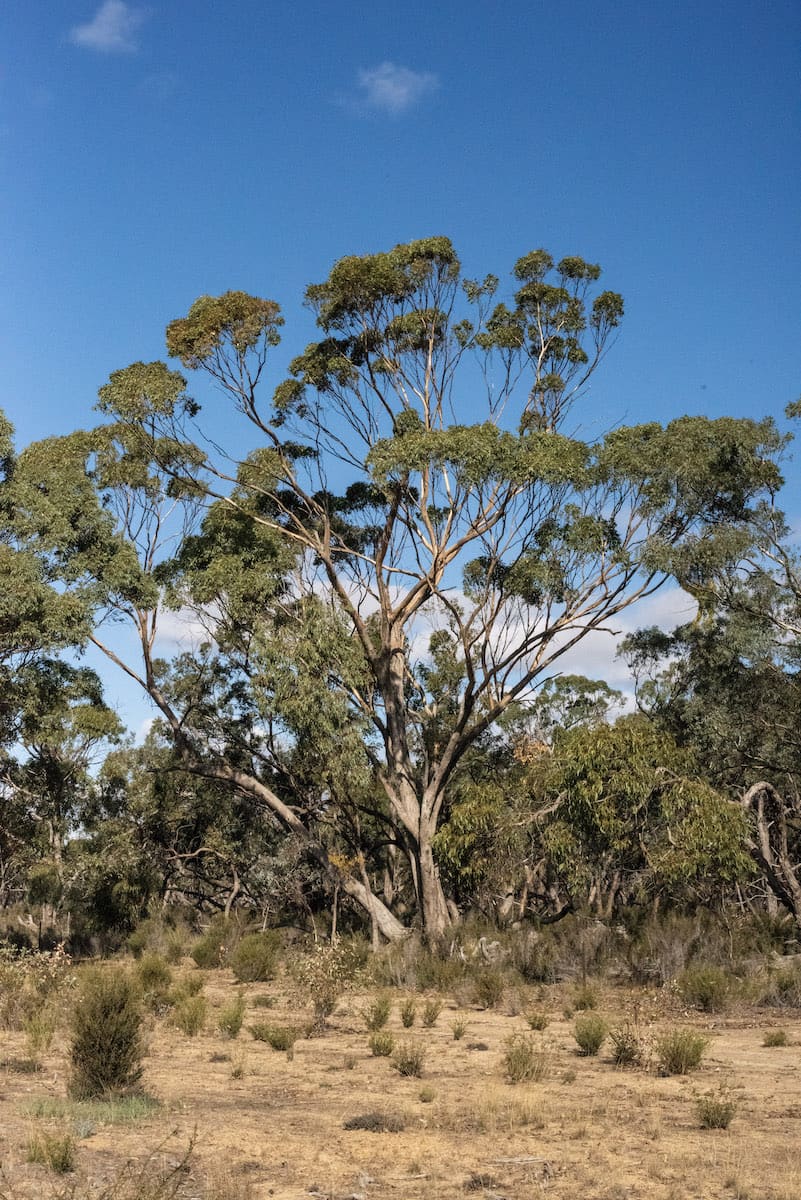
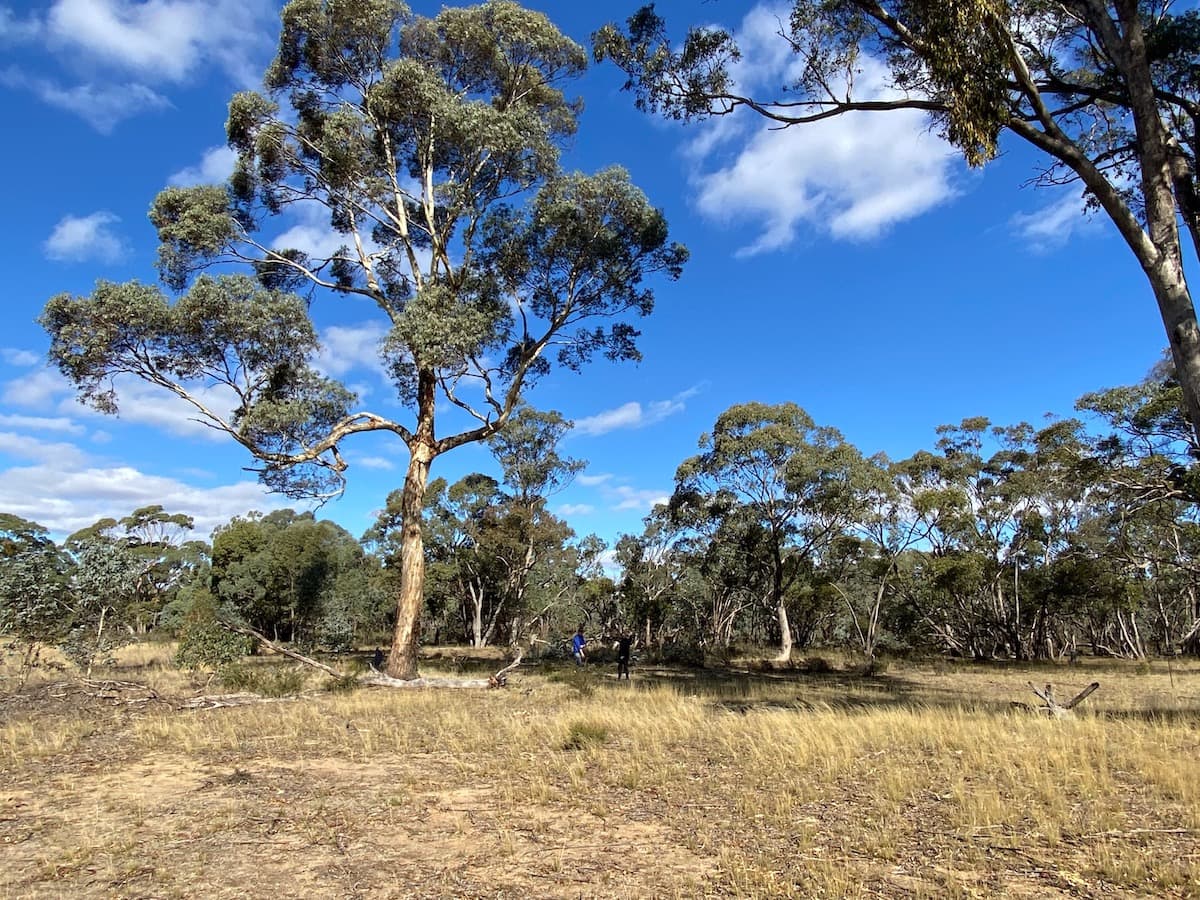
Who Is Bush Heritage Australia?
Bush Heritage Australia is an independent not-for-profit that buys and manages land, and partners with Aboriginal people to protect irreplaceable landscapes and magnificent native species forever.
There are close to 2,000 animals and plants on Australia’s threatened species list. Bush Heritage steps in where they’re needed most, protecting all species on their reserves.
They respect, listen and learn from working side-by-side with Traditional Owners, and by working in partnerships with pastoralists and other organisations to have the most impact. Together, they’re returning the bush to good health.
